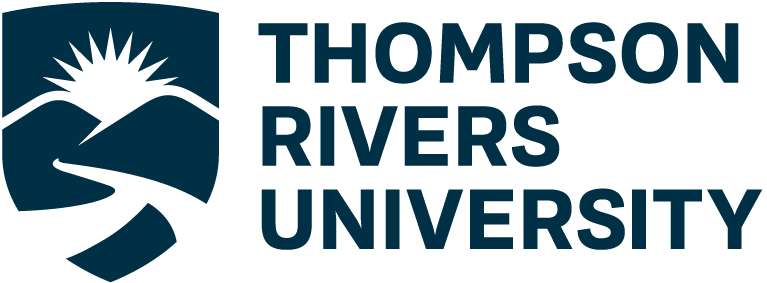When To Ask For Help
Research Ambassador Blog Post By: Yue (Cassie) Zhang
Participating in undergraduate research can increase our interest in enhancing graduate school (Hathaway et al., 2002; Kremer & Bringle, 1990); help us gain data analysis and speaking skills (Bauer & Bennett, 2003); and provide us with experience in professional and personal development (Seymour et al., 2004).
However, it can be hard to know when to reach out for help and go about asking for it. So in this post, I share some advice about asking for help.
WHEN TO REACH OUT IF YOU ARE NOT YET IN A RESEARCH PROJECT
The initial step in finding a research area that interests you involves reading through the department website describing faculty interests and current research. From there, finding related publications can also help create a potential list of interests in your mind. Once you are ready to learn more precisely about what is involved in the research process, it’s time to reach out to a supervisor for further information.
Further considerations can include:
- Do you know other undergraduates who have done research projects with the professor of your interest?
- When I tried to find an appropriate project, I spoke to students who had previous research experience in my major. My questions included the connection between the research project and the coursework and what it is like working under certain professors (e.g., Is the professor easy to get along with? Is the professor helpful to students?).
- Can you visit the department chairperson to find out which topics match your interest and current level?
WHEN TO ASK FOR A RESEARCH ASSISTANT (RA) POSITION
Now it’s time to make yourself known to the faculty researcher and ask for a research assistant (RA) position:
- Have a small talk with the professor during office hours; express what sparked your research interest, and ask for materials to learn more about your topic or what toolkit you need to have to investigate this field.
- If the conversation goes well, ask explicitly to serve as an RA, either in person or by email. Talk about what you learned from the conversation, and explain why you qualify for the position. A good opening line might be, “Hello, Dr. Freud, my name is Chris Smith. I’ve been reading about autism and came across several articles you’ve written. I’m pretty interested and was wondering if I could help with your research projects” (Norcross, 2014).
- Thank the professor(s) for their time.
- If the professor does not need help, you can ask if someone with similar interests is looking for assistance.
WHEN TO ASK FOR HELP WHEN YOU ARE IN A RESEARCH GROUP
As an undergraduate student, you may not have enough field experience to contribute to the projects. You might also get stuck when reading papers, analyzing data, summarizing findings, etc. Instead of figuring it out on your own, a much more efficient way to catch up is by asking for help.
When I was first involved in a research project, the biggest challenge was that I sometimes did not have enough background to understand what was going on.
Here are some examples of my experience which can serve as helpful tips under different scenarios:
- I took notes during group meetings and looked up unfamiliar terms on Google before seeing other research assistants or professors. Then, when I researched on my own and tried to understand the context, I wrote down the questions I had, followed by the answer I found, then organized them into a mind map.
- If I cannot solve a problem, I would write an email to the professor, briefly explain the situation, and ask the professor if they have time to help me out.
- During a meeting, show your professor what efforts you have made and why you think you can’t solve the problem (e.g., The paper is way above your level; some paragraphs are confusing; you cannot understand a certain script, and so on).
- After the professor helps you solve the problem, ask for suggestions for more review papers or research reports that would aid your understanding and development of becoming a researcher.
References
Bauer, K.W., & Bennett, J.S. (2003). Alumni perceptions used to assess undergraduate research experience. Journal of Higher Education, 74(2), 210-230.
Hathaway, R.S., Nagda, B.A., & Gregerman, S.R. (2002). The relationship of undergraduate research participation to graduate and professional education pursuit: An empirical study. Journal of College Student Development, 43(5), 614-631.
Norcross, J. (2014). Getting involved in research as an undergraduate: Nuts and bolts. American Psychological Association. Retrieved February 27, 2022, from https://www.apa.org/ed/precollege/psn/2014/01/research-undergraduate
Seymour, E., Hunter, A. B., Laursen, S.L., & Deantoni, T. (2004). Establishing the benefits of research experiences for undergraduates in the sciences: First findings from a three-year study. Science Education, 88(4): 493-534. http://dx.doi.org.ezproxy.tru.ca/10.1002/sce.10131

